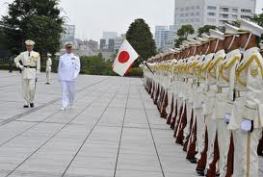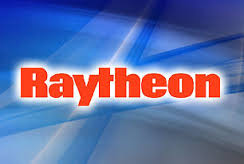The defense industry of Japan has an interesting history. It has never been as big as the defense industry of European countries or the US. Since the end of World War II, Japan was basically not allowed to have an army and usually a country’s military is the primary customer of defense industries. Downturns in Japan’s economy has also affected its defense industry. With that said, Japan is still a very modern country and forecasts predict that Japan’s defense industry will grow rapidly in the future.
Currently Japan’s defense industry is growing at 3.90% annually and is valued at $58.6 billion US dollars. The key drivers in its growth are threats from North Korea’s nuclear program.
The main obstacles to growth lay within Japan’s foreign policy. Japan has had a problem with exporting too much in the past so now they have a ban on selling certain military goods to certain countries. This prevents Japan from doing joint-projects with other countries and prospering in the shared successes like other countries have been doing. Japan also doesn’t have the means to produce certain expensive defense technologies so it has to import them from other countries. This lowers their budget and they are not able to profit from economies of scale. Japan has also restricted itself to making tanks, helicopters, war planes and warships.
However, recently Japan has lifted its ban on its exports regarding military equipment. Japan now has the ability to enter joint developing programs with other countries which will increase its defense industries profits.
Japan spent roughly $700 million US dollars on F-35 Jets from lockheed Martin because it isn’t able to make its own competitive jets. Japan seems to not have enough money to keep buying foreign military equipment so its government is pushing its defense industry to come up with its own equipment which will lead to growth in its defense industry.












